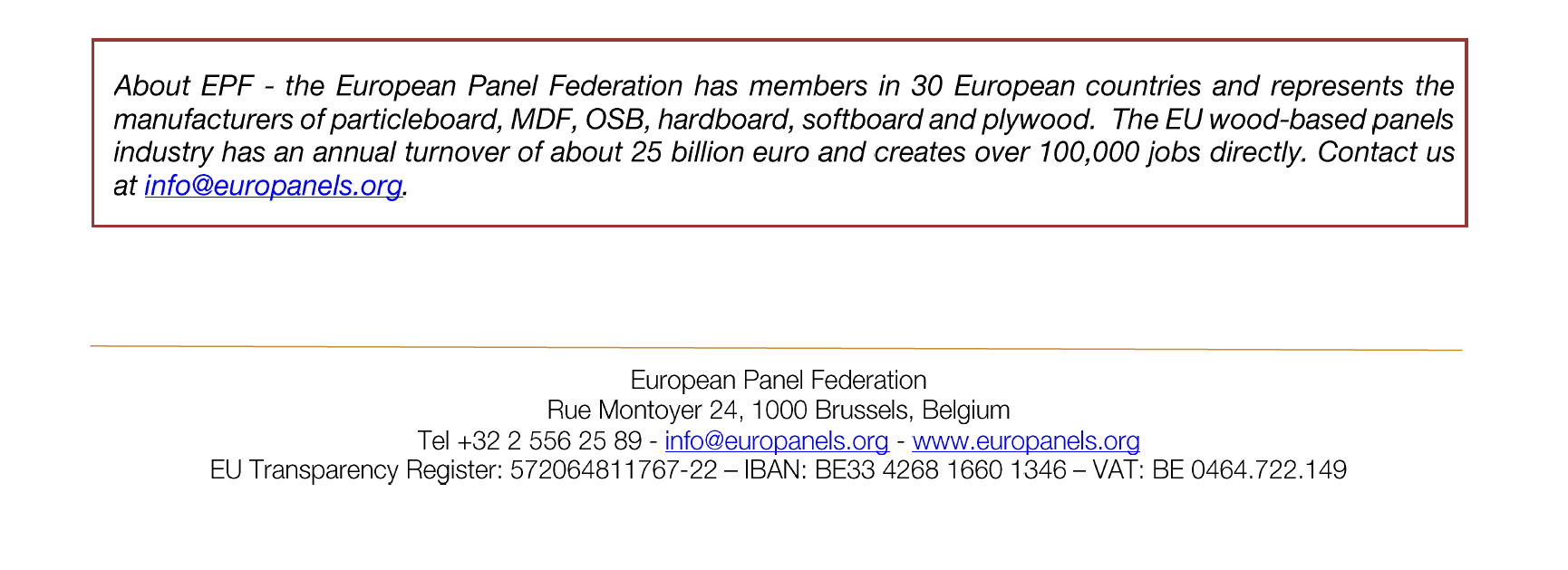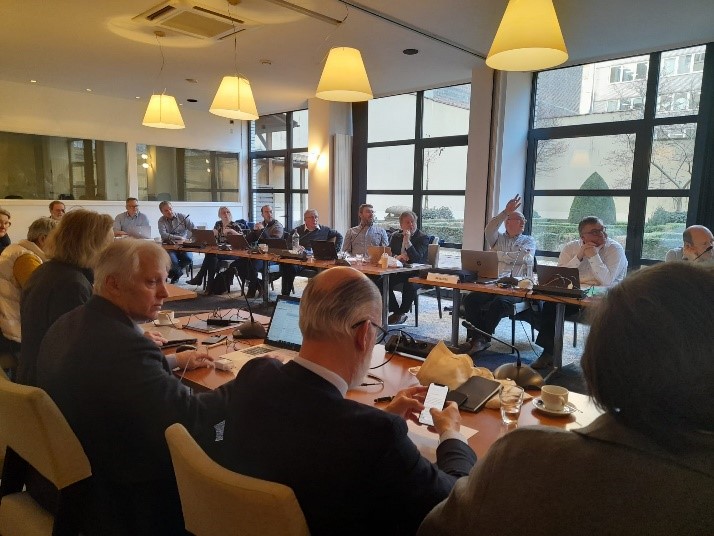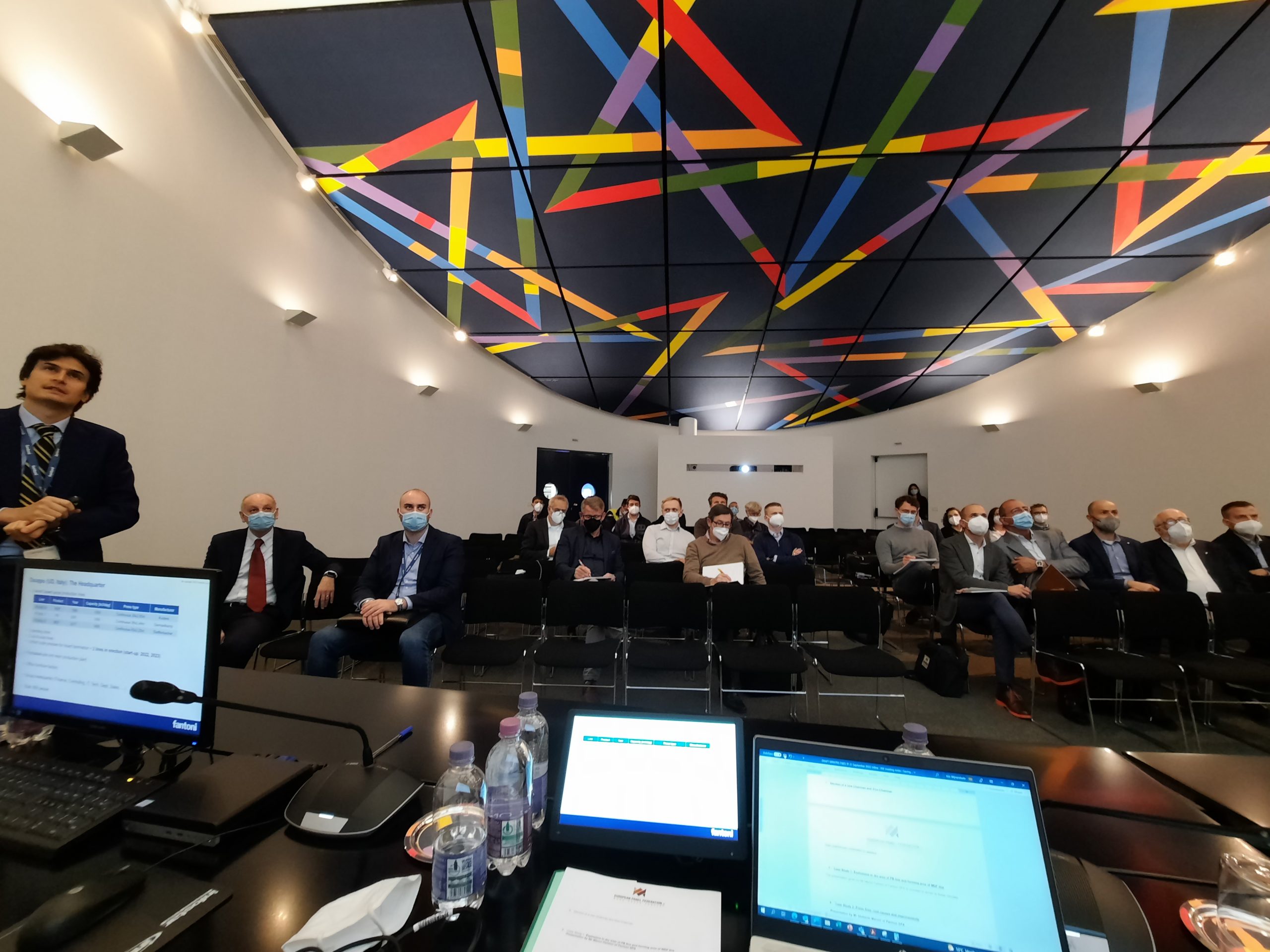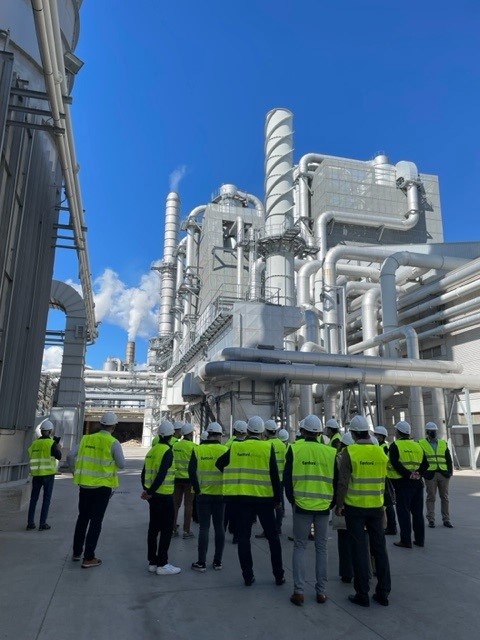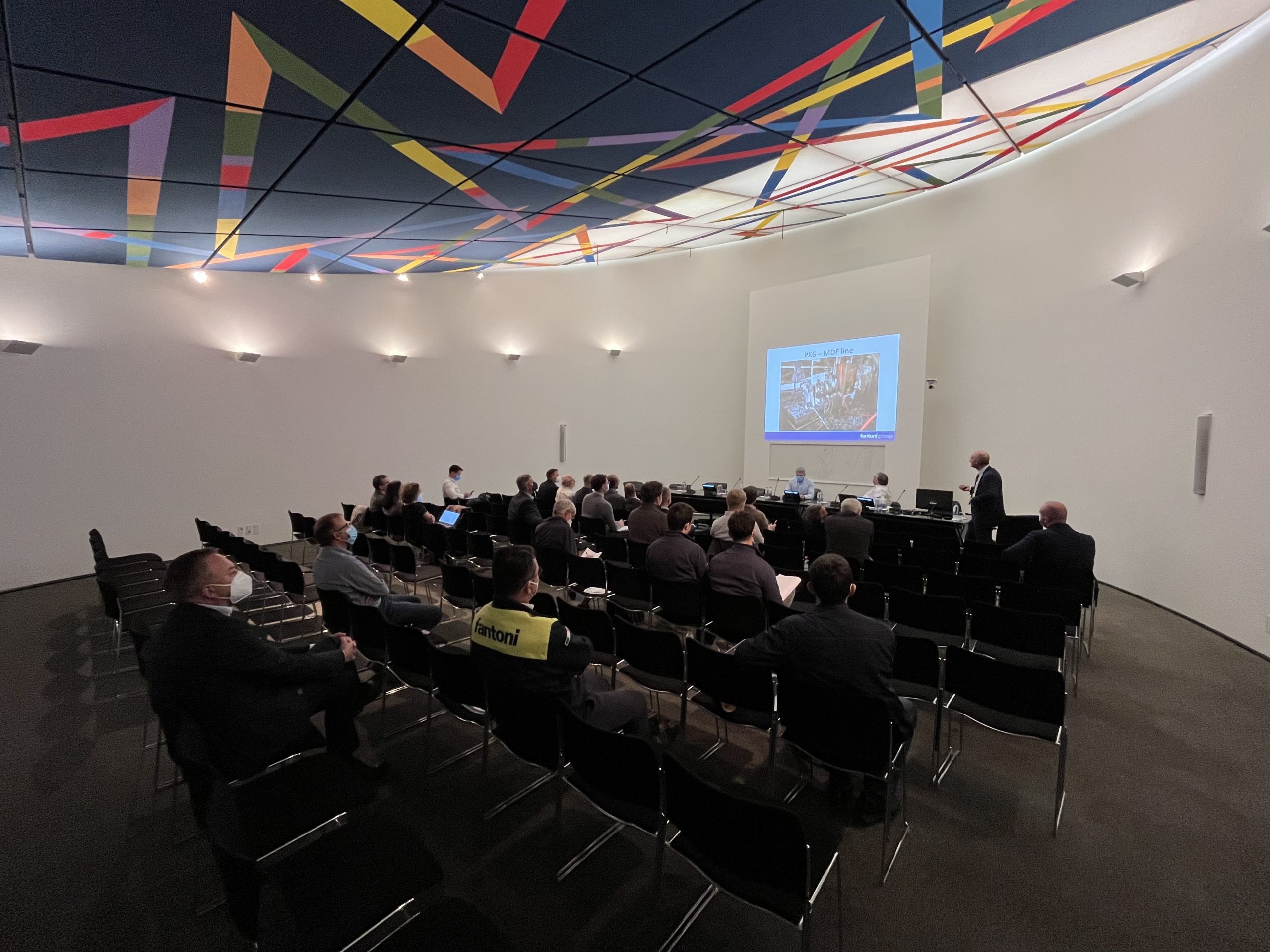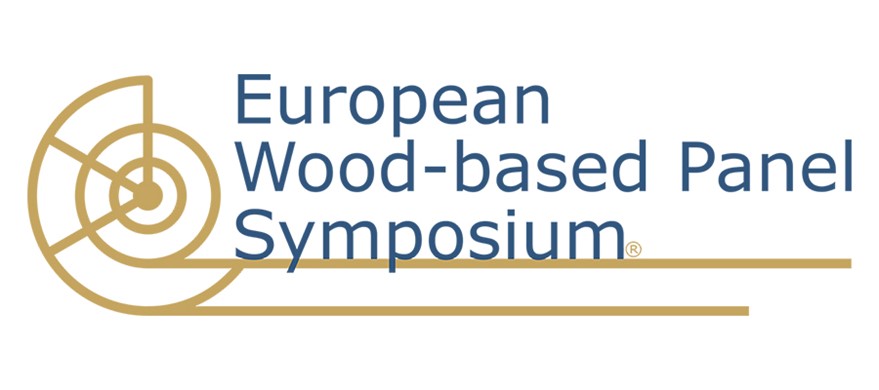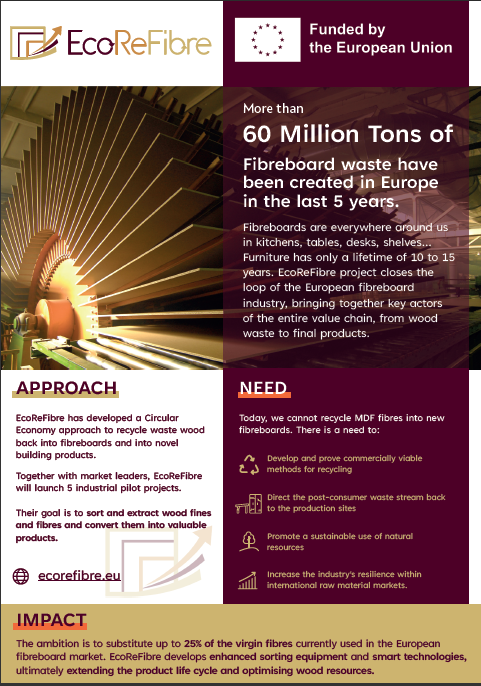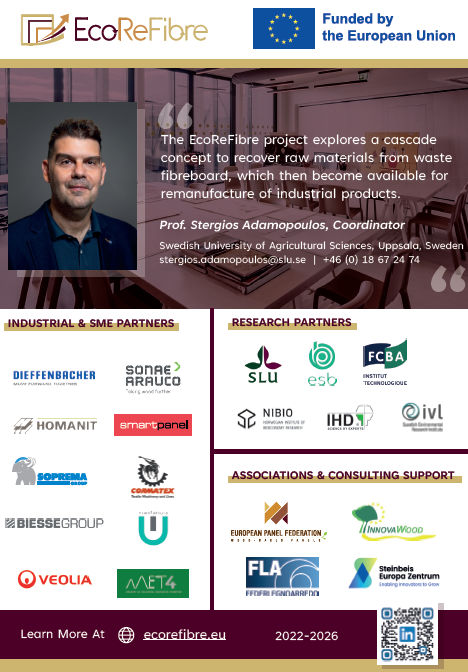PRESS RELEASE: EU associations launch coalition for a more competitive, and ambitious, EU bioeconomy
Tuesday 28 March
A new group of 14 EU trade associations including the providers of high-quality wood-based products, fibre-based, paper and board products and packaging, and renewable energy solutions, supported by EU forest owners and managers, has today launched a cross-sectoral coalition. The coalition’s aim is to present EU policymakers with an ambitious common vision ahead of 2030 and, going beyond, one leading to a transition towards a circular bioeconomy.
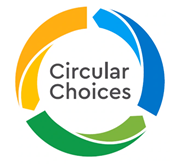 Now, more than ever, is the time to embed into EU policy the circular bioeconomy as a fully integrated, resilient European value chain. The coalition has made publicly available a paper detailing common challenges, needs, and solutions [STRATEGIC DOCUMENT]. It is also supported by a further 6 associations linked to the forestry sector.
Now, more than ever, is the time to embed into EU policy the circular bioeconomy as a fully integrated, resilient European value chain. The coalition has made publicly available a paper detailing common challenges, needs, and solutions [STRATEGIC DOCUMENT]. It is also supported by a further 6 associations linked to the forestry sector.
This is the broadest coalition yet representing these value chains. Jointly, its members represent 3% of the EU’s GDP, €520 billion in turnover, and 20% of its manufacturing companies. They are an integrated part of the EU bioeconomy, using local renewably-sourced materials, made and recycled in Europe, and using European technology. But their contribution could go much further. They hope to work with the EU institutions towards creating an enabling policy environment for their sectors to collectively reach climate change mitigation equivalent to 30% of EU annual CO2 emissions. In 2019, this figure stood at 20%.
The coalition’s ambition will require consolidating the EU’s global leadership as a provider of sustainable and competitive alternative solutions for today, and innovative opportunities for tomorrow. Europe’s wood and fibre-based value chains are widely considered a laboratory for the future circular bioeconomy.
In order to be climate neutral by 2050, the EU needs to work with the coalition to accelerate the uptake of bio-products, encourage investments in green technologies for production processes and supply chains, and support a shift towards sustainable consumption while putting in place policies to boost the competitiveness of sustainable manufacturing industries.
The competitiveness of the overall European industry has been impacted by the energy crunch and issues related to the supply of strategic raw materials. Wood-based products, fibre-based paper and board products and packaging, and renewable energy solutions offer resilience and ensure European strategic autonomy and competitiveness via the sustainable management of sources of valuable raw materials, and secondary raw materials and related technology.
Download the paper Circular Choices for a competitive EU Bioeconomy here.
As EPF Chairman Martin Brettenthaler stresses: ‘EPF is proud to be part of this coalition using nature-based products to help realise Europe’s goal of net-zero climate neutrality. Wood-based panels are integral to this journey using sustainable materials for furniture, construction, packaging and in multiple everyday applications. As a European global champion in this field, we urge policy makers to work with us to place industry, especially the circular bioeconomy, at the heart of this social, economic and environmental transition’.
For further information, please contact EPF Administration and Communications Officer:
Mrs Isabelle Henin
+32 2 556 25 89


